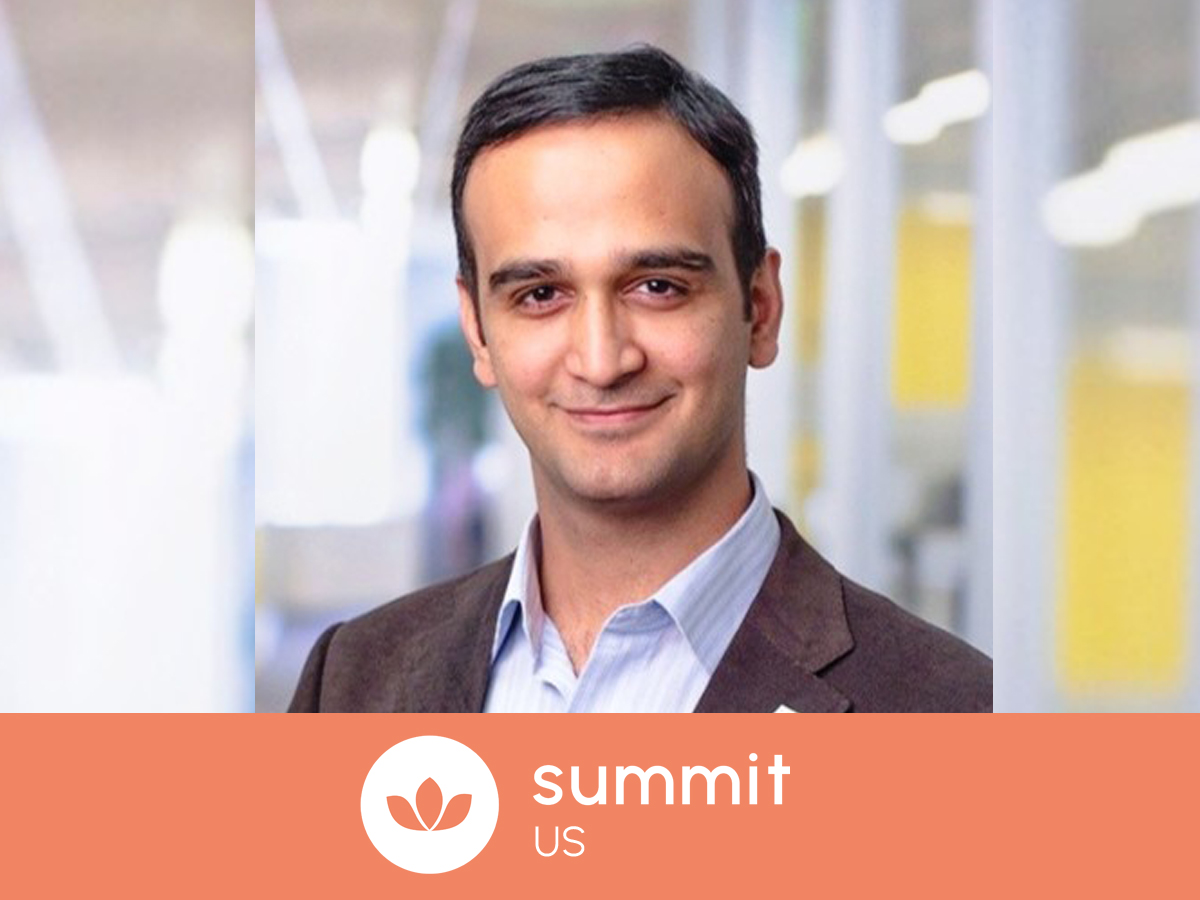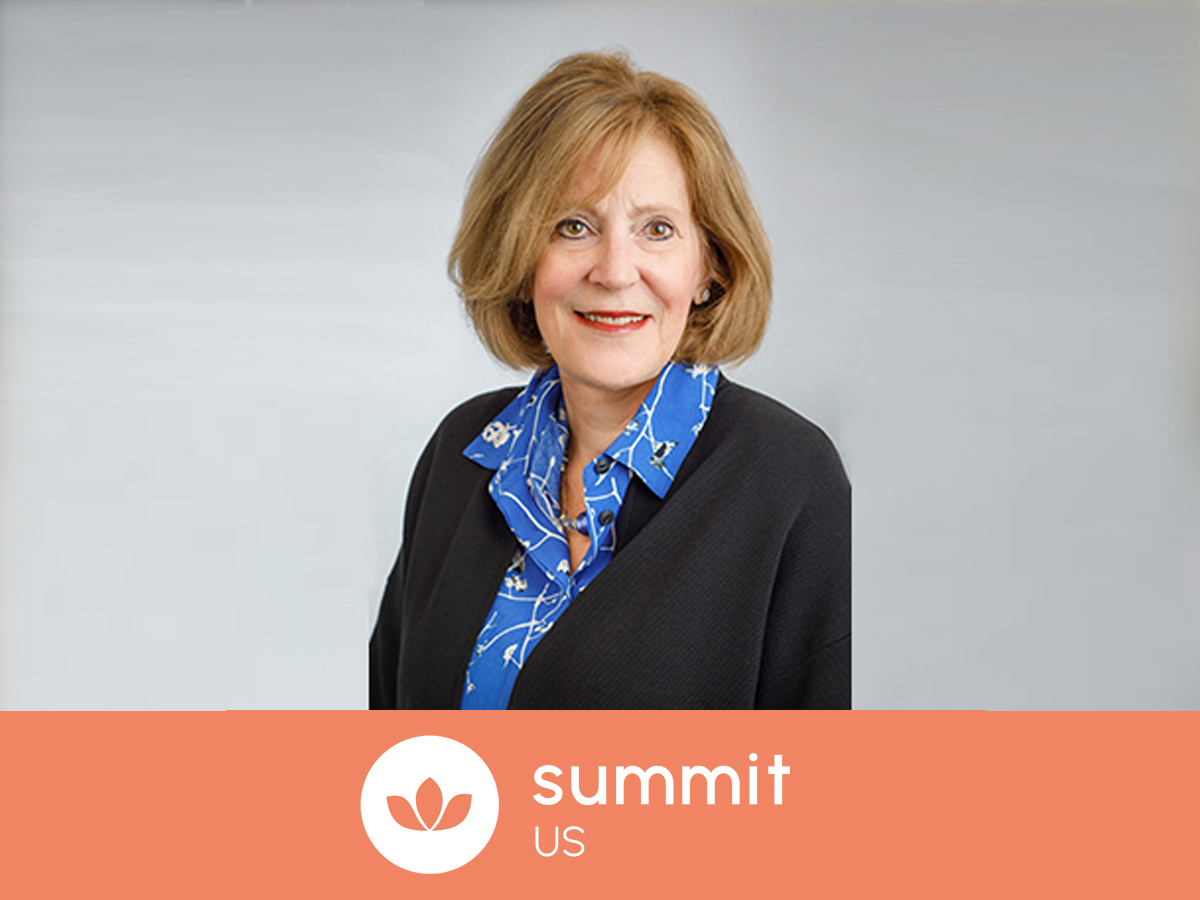
STRETCHIT will be running energizers in both New York and Austin as part of our Wellbeing at Work Summit US.
We caught up with their CEO, Natasha Nikolaeva to see how she’s feeling in the run up to the summit.
Hi Natasha, we are thrilled STRETCHIT will be joining us at our Wellbeing at Work Summit US in March. Our first and most important question is, how are you doing today?
I’m doing great, thank you! It’s always exciting to engage in conversations around workplace wellbeing, and I’m looking forward to connecting with like-minded professionals at the summit.
As a leader based in the region, what are the main challenges you are facing when it comes to employee wellbeing and mental health?
One of the biggest challenges is sustained engagement in wellness programs. While many organizations recognize the importance of employee wellbeing, participation often drops off over time due to workload pressures and lack of personalization. Another challenge is creating inclusive wellness initiatives that cater to employees with different fitness levels, mobility limitations, and preferences—ensuring that everyone, regardless of their starting point, feels empowered to participate.
What strategies have you seen developing over the past 6 months, both internally and externally, that are moving the dial on wellbeing in the workplace?
One of the most promising trends is integrating movement into the workday in a way that feels natural and engaging. Companies are shifting from offering static wellness perks to interactive, community-driven activities like stretch breaks, fitness challenges, and team competitions. STRETCHIT has been at the forefront of this with our new Team Competition feature, allowing employees to set wellness goals and track their progress together. We’re seeing that gamification and social accountability are powerful drivers of engagement.
Another trend is wellbeing personalization—offering flexible options so employees can engage on their own terms, whether that’s a short stretching session at their desk or a virtual movement challenge with colleagues.
Why is employee wellbeing so important to you personally?
I’ve seen firsthand how movement can transform not just physical health but also mental resilience, focus, and overall happiness. With STRETCHIT, we hear from users every day about how just a few minutes of stretching improves their energy, reduces stress, and helps them feel better in their bodies. Knowing that we’re helping people take small, sustainable steps toward better wellbeing keeps me motivated.
What impact is AI having in your organization and how are you managing that?
AI is helping us enhance personalization by analyzing user behavior and tailoring wellness recommendations to individual needs. For instance, AI-powered insights help us suggest the right stretch routines based on an employee’s activity level, preferences, and goals.
We’re also mindful of keeping AI in balance with human connection. While AI can optimize engagement and suggest personalized content, the key to long-term adoption is a sense of community and accountability, which is why our Team Competition feature incorporates leaderboards and social motivation.
Other than AI, are there any challenges that you are seeing for the first time and how are you addressing them?
A growing challenge is combatting digital fatigue while promoting virtual wellness solutions. Many employees spend their entire workday on screens, and adding another virtual activity can feel overwhelming.
To address this, we focus on simple, low-barrier solutions—like short guided stretch sessions that require no equipment or special setup. We also encourage offline participation, so employees can take a break from their screens and focus on movement.
What areas do you think employers should be focused on over the next 12 months?
Employers should prioritize making wellbeing accessible and sustainable rather than relying on one-off initiatives. Key areas of focus should include:
- Micro-movement breaks to combat sedentary work habits
- Social engagement in wellness through team challenges and competitions
- Inclusivity in wellness programs, ensuring all employees—regardless of mobility, fitness level, or location—can participate
- Proactive stress management to prevent burnout before it happens
Do you feel that investment in employee wellbeing in the region is increasing or decreasing and is that a direct reflection on HR leaders’ increasing ability to demonstrate effective returns of their strategies to leadership?
We see investment in employee wellbeing becoming more targeted and results-driven. While budgets might not always be increasing, HR leaders are being more strategic—focusing on engagement, participation rates, and measurable impact rather than just offering wellness perks for the sake of it.
HR teams that can connect wellbeing initiatives to business outcomes—such as improved productivity, reduced absenteeism, and stronger team cohesion—are securing more leadership buy-in. That’s why at STRETCHIT, we help companies track participation and engagement, making it easier to demonstrate the ROI of wellness initiatives.
How has your organization been leading the way?
At STRETCHIT, we’re making movement accessible, engaging, and community-driven. Our new Team Competition feature is a great example of how we’re helping organizations boost participation in wellness by tapping into friendly competition, goal-setting, and social motivation.
We also prioritize flexibility and inclusivity—whether it’s offering seated stretching for those with mobility limitations, short sessions for busy professionals, or virtual options for remote teams.
By making workplace wellness easy, engaging, and rewarding, we’re helping companies create lasting behavior change and a culture of wellbeing.
STRETCHIT will be running Energizers in New York and Austin at the Wellbeing at Work Summit US which takes place in New York, Austin Texas and virtually. Further details on the Summit can be found here.



